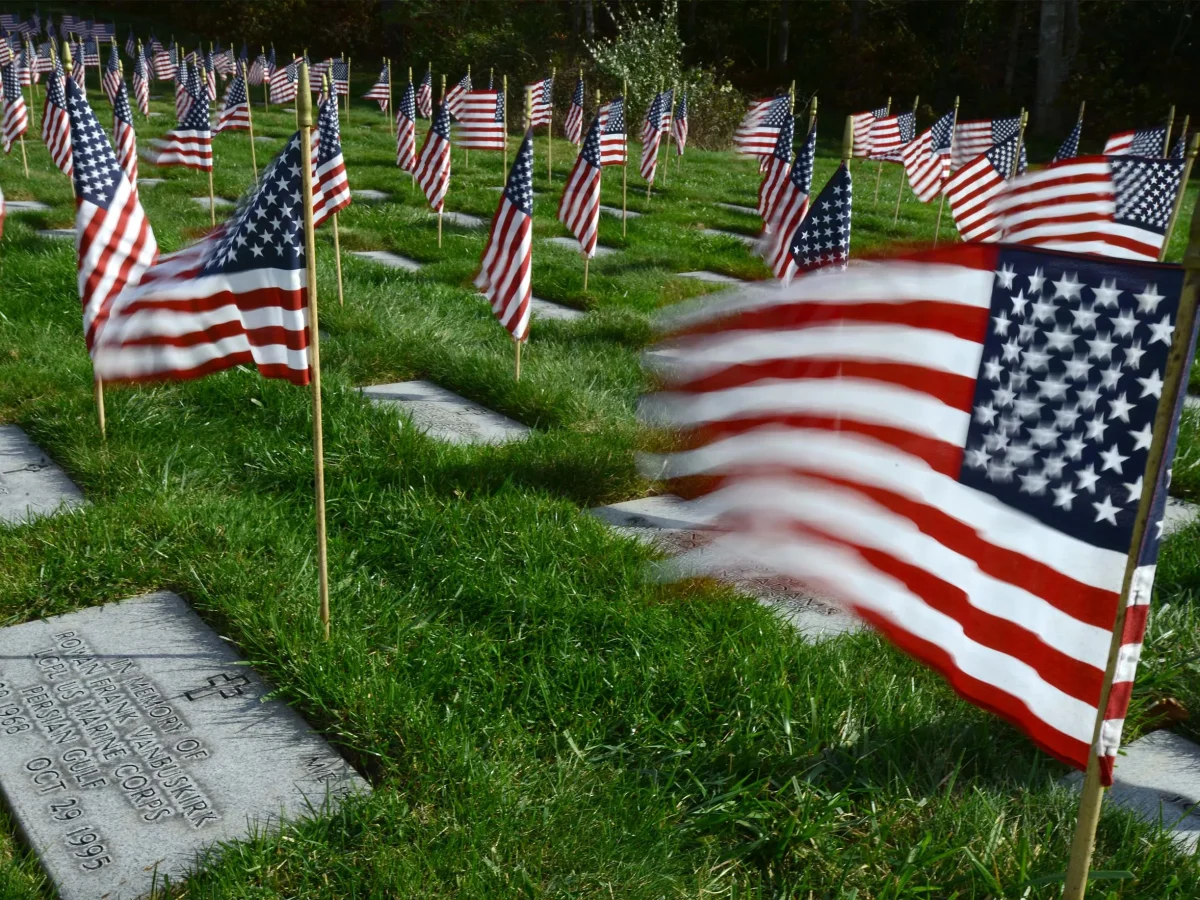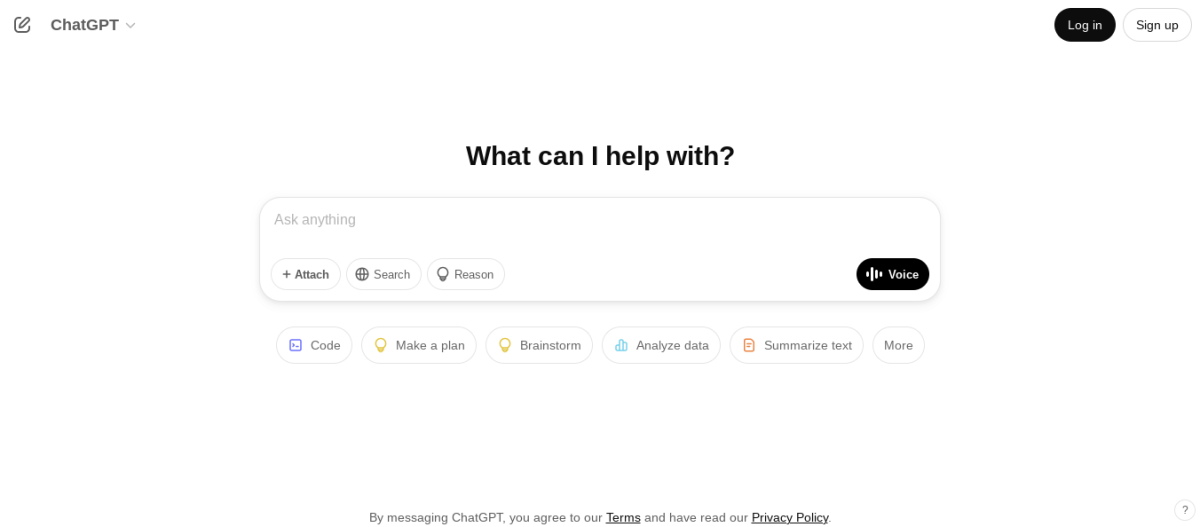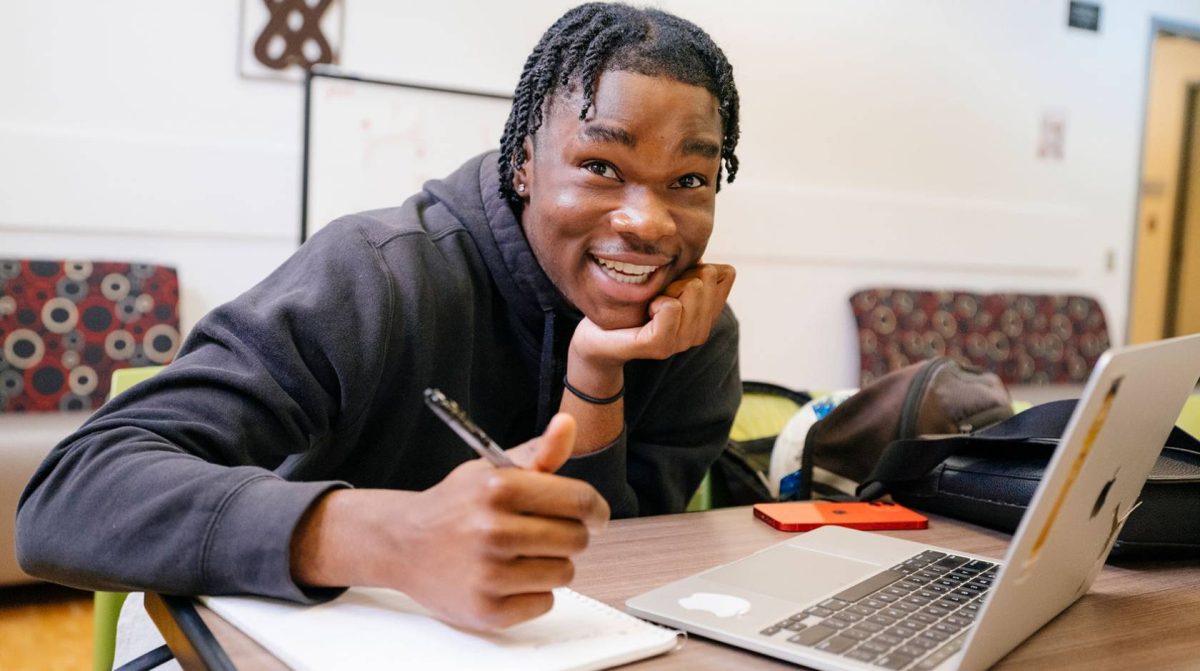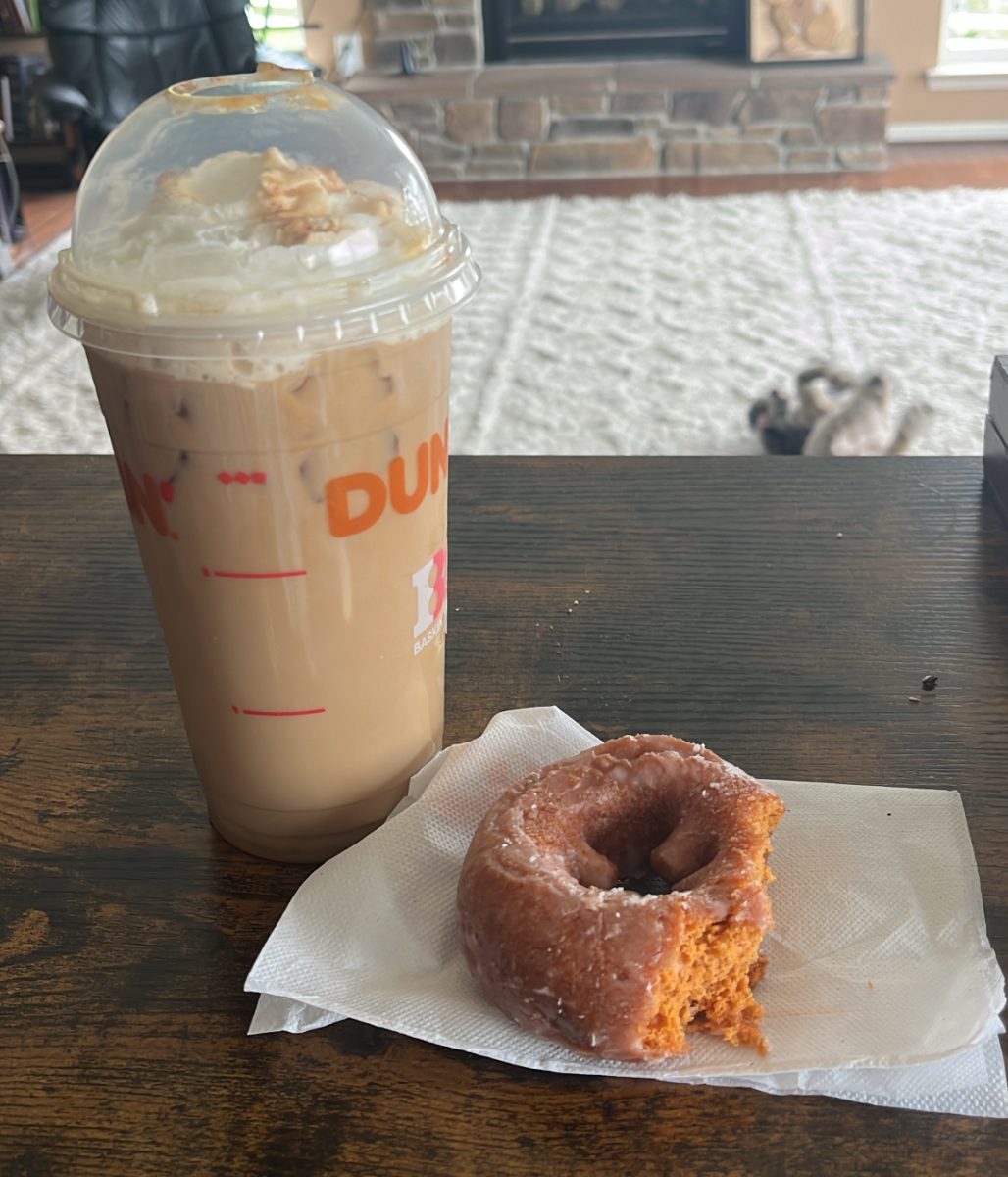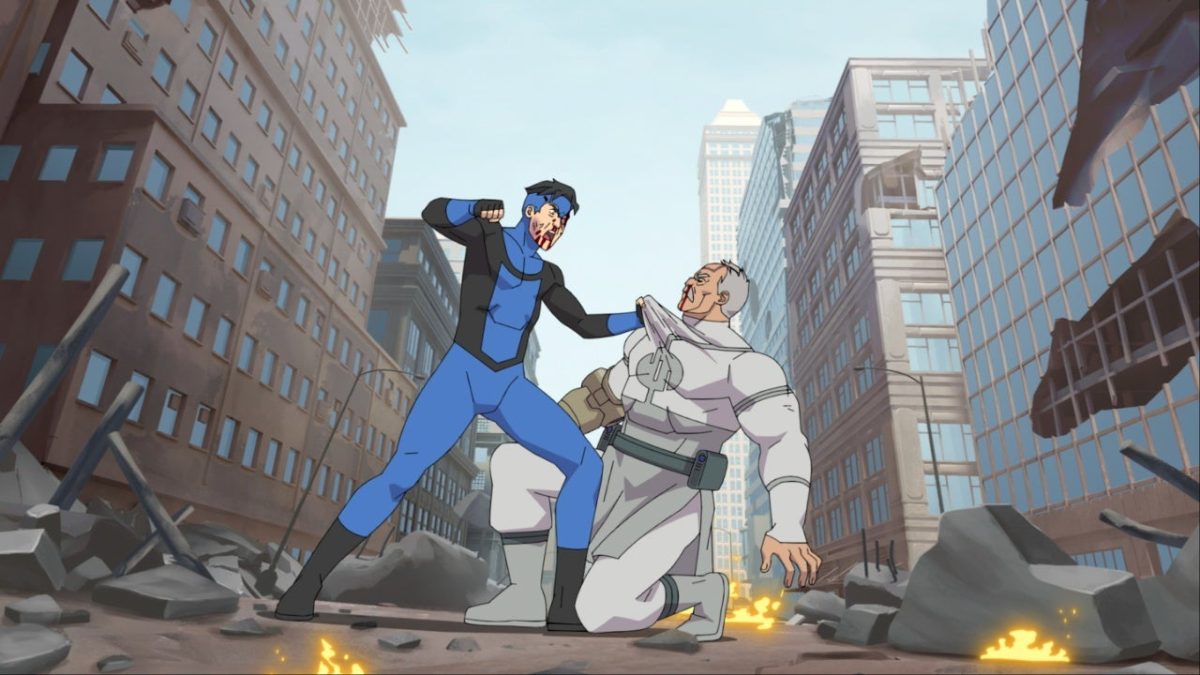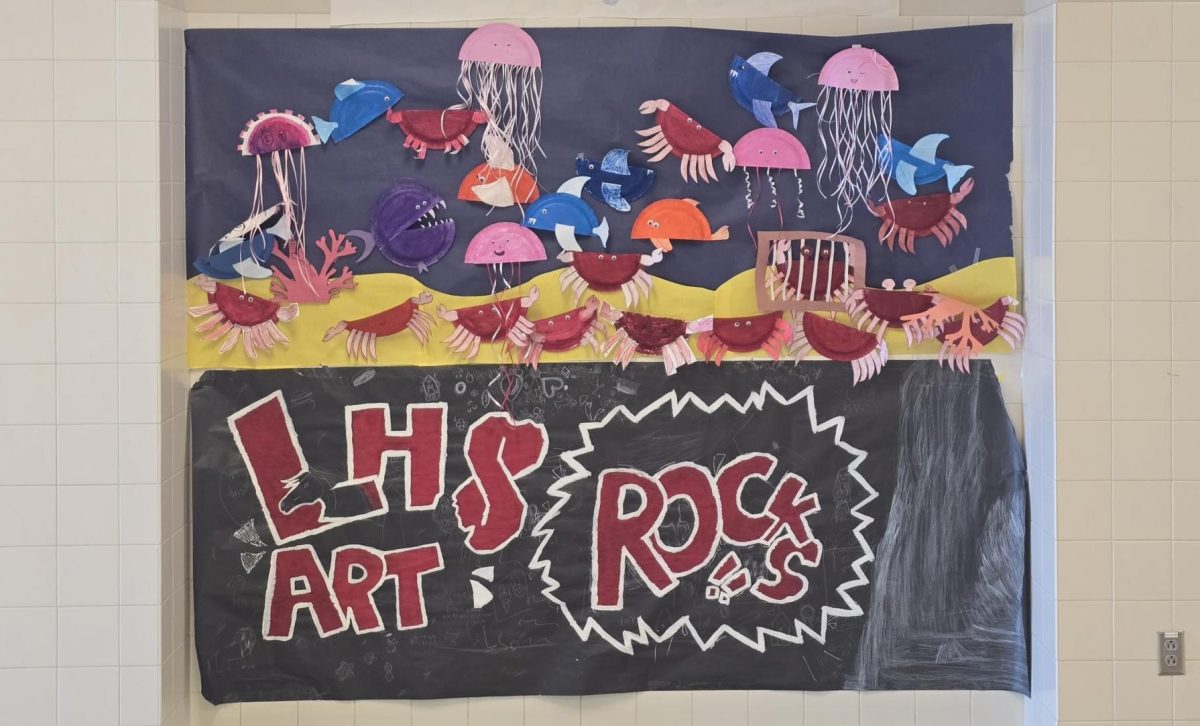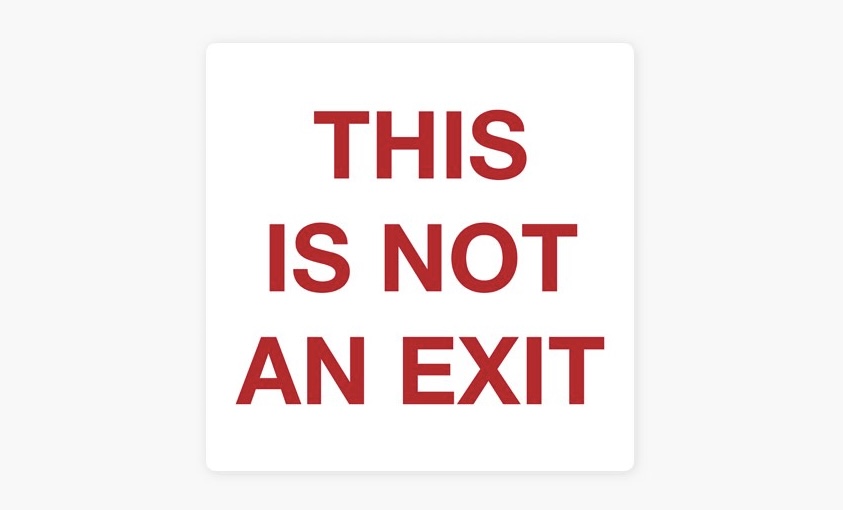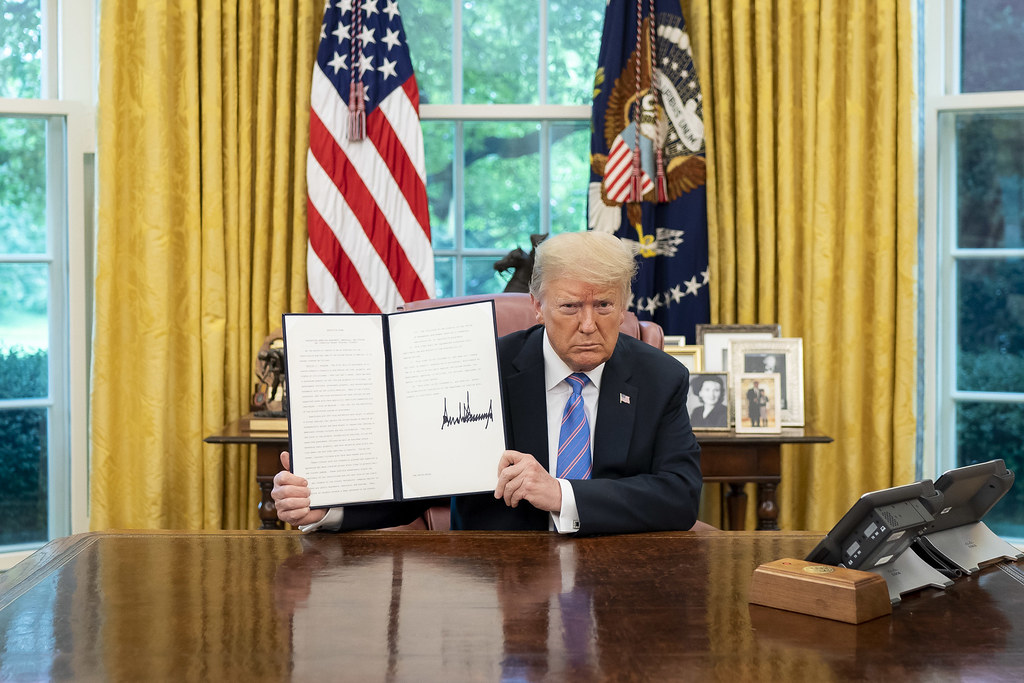Veterans embody a commitment to service and honor, making sacrifices that shape our communities and national identity. Their contributions extend far beyond the battlefield, influencing civic leadership, volunteerism, and professional excellence. However, alongside the pride and respect they have earned, many veterans face significant challenges in their transition to civilian life—one of the most pressing being mental health.
Military service often involves exposure to extreme stress, trauma, and life-altering experiences. While many veterans adapt remarkably well, others face lingering effects such as post-traumatic stress disorder (PTSD), depression, anxiety, and substance abuse. Studies reveal that nearly 60% of post-9/11 veterans report mental health struggles. Despite this prevalence, many are reluctant to seek help due to stigma and fear of judgment.
To address these challenges, it is essential to acknowledge and normalize mental health struggles among veterans. Public campaigns and veterans’ organizations have made strides in reducing stigma and emphasizing that seeking help is a sign of strength. Communities can support these efforts by fostering open conversations about mental health, advocating for resources tailored to veterans’ needs, and supporting inclusive programs.
“We’re quick to move on to Thanksgiving or focus on the sales and day off, but it’s so much more than that,” Justin Morales, a high school freshman, said. “It’s a day to honor the men and women who’ve sacrificed so much to protect our freedoms. I feel like we owe them at least one day of true gratitude and recognition.”
Organizations such as the Veterans Health Administration (VHA), Wounded Warrior Project, and Team Rubicon provide crucial mental health support and reintegration services. Local communities play an essential role in amplifying these efforts by hosting workshops, promoting job training programs, and establishing peer-support networks. For instance, mental health clinics within the VHA offer counseling and evidence-based therapies for PTSD and depression. Complementing these services are holistic approaches such as art therapy, mindfulness training, and service dog programs, which have demonstrated positive outcomes in improving veterans’ quality of life.
Personal stories often highlight the realities of transitioning to civilian life. As Vietnam veteran Tom Walsh shared, “The biggest challenge to adapting was adjusting to a slower pace of life and feeling disconnected. In the military, you’re constantly driven by purpose and structure. Suddenly, that’s gone, and it can feel like you’re drifting. I also started experiencing symptoms of PTSD—flashbacks, trouble sleeping, and heightened anxiety in crowds. It was hard to admit I needed help.” His words reflect the importance of understanding and addressing the unique struggles veterans face.
Honoring veterans requires more than parades and ceremonies. While these traditions play a vital role in recognizing their service, meaningful support involves advocating for policies that enhance veterans’ access to healthcare, education, and housing. Community members can contribute by volunteering with veteran-focused organizations, offering mentorship, or simply expressing gratitude by listening to veterans’ stories.
Businesses also have an opportunity to make an impact by hiring veterans and offering workplace accommodations. These practices not only acknowledge veterans’ skills and discipline but also help them rebuild a sense of purpose in civilian life.
Addressing mental health challenges among veterans requires a collective effort. By removing barriers to care, providing tailored resources, and fostering a culture of respect and understanding, we not only honor the sacrifices of those who served but also ensure their lasting contributions to society. This Veterans Day and beyond, let us commit to supporting veterans in ways that truly reflect their impact and importance. Together, we can create a future in which every veteran feels valued, empowered, and understood.


